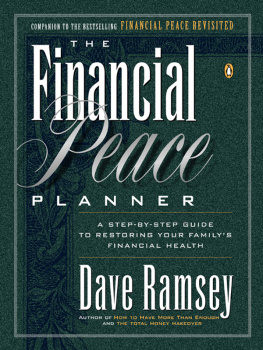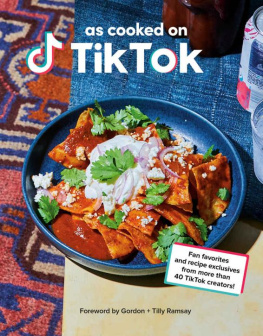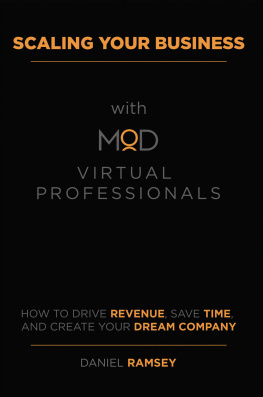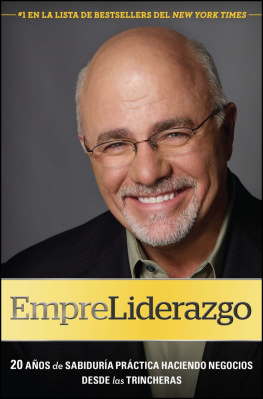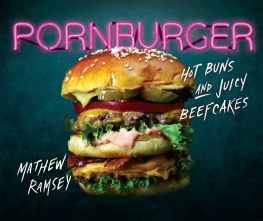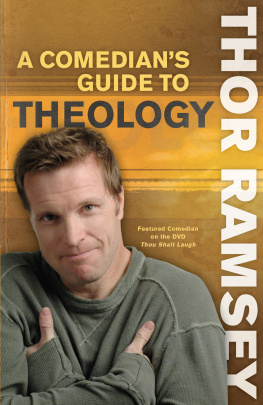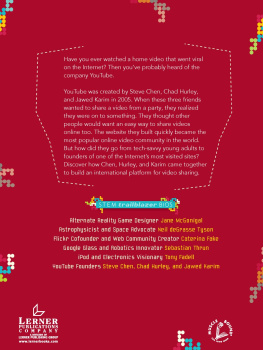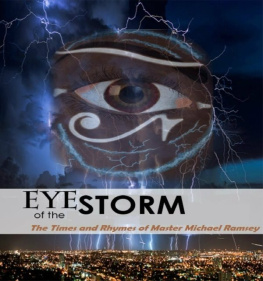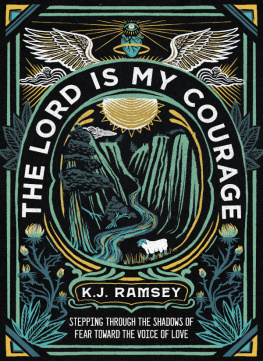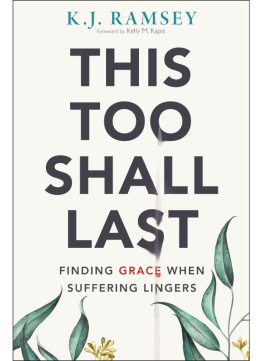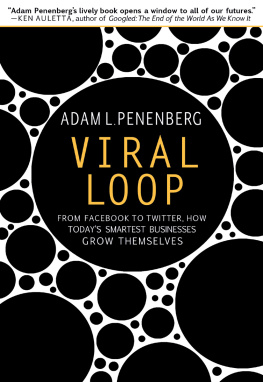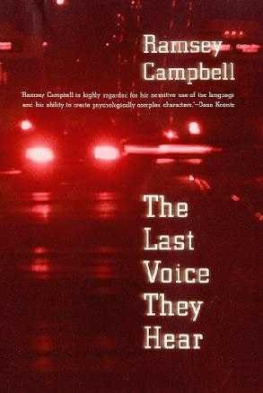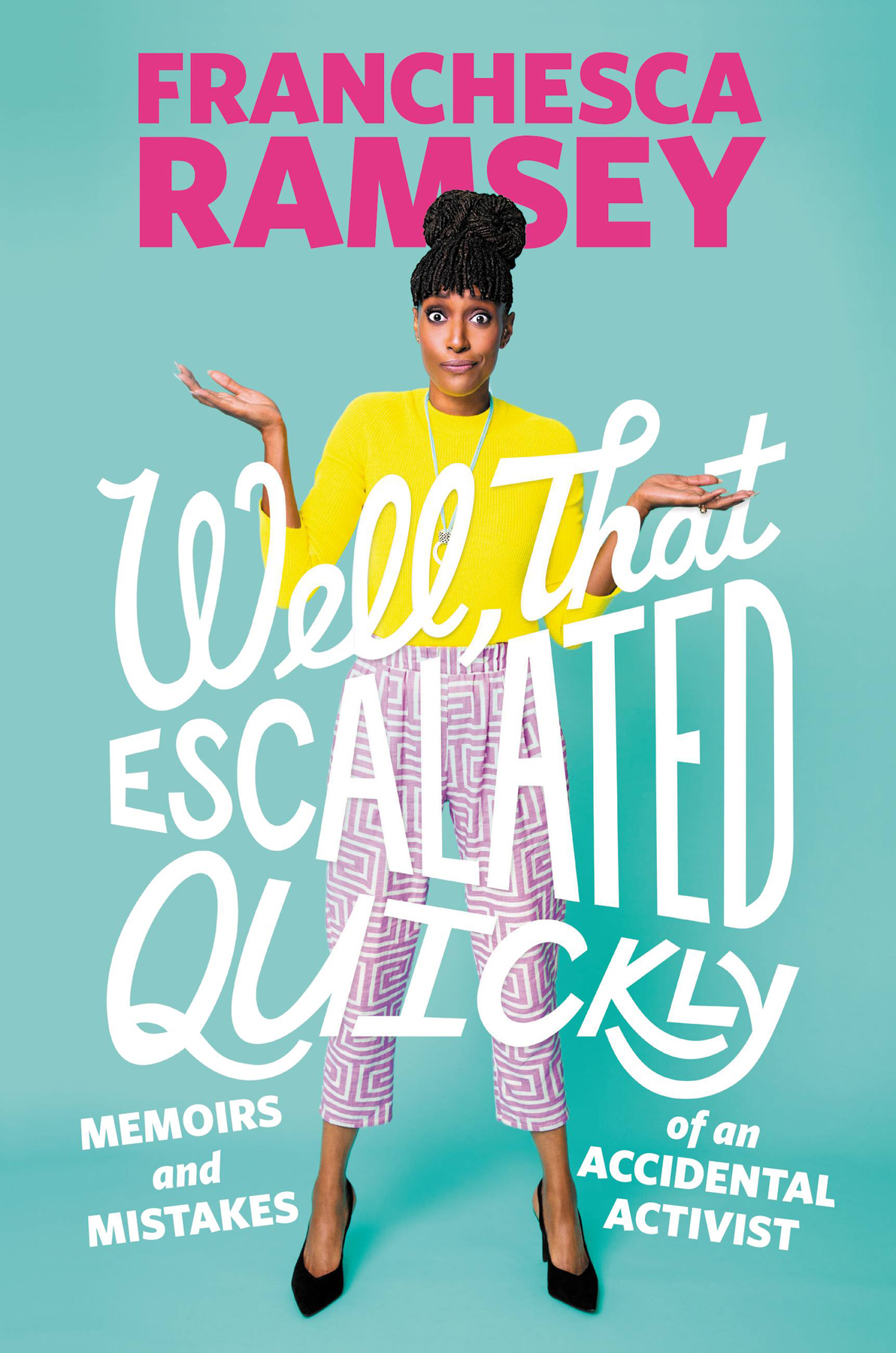Cover copyright 2018 by Hachette Book Group, Inc.
Hachette Book Group supports the right to free expression and the value of copyright. The purpose of copyright is to encourage writers and artists to produce the creative works that enrich our culture.
The scanning, uploading, and distribution of this book without permission is a theft of the authors intellectual property. If you would like permission to use material from the book (other than for review purposes), please contact permissions@hbgusa.com. Thank you for your support of the authors rights.
Grand Central Publishing is a division of Hachette Book Group Inc. The Grand Central Publishing name and logo is a trademark of Hachette Book Group, Inc.
The Hachette Speakers Bureau provides a wide range of authors for speaking events. To find out more, go to www.hachettespeakersbureau.com or call (866) 376-6591.
The publisher is not responsible for websites (or their content) that are not owned by the publisher.
I know the exact date I went from being a nobody, minding my own business in my corporate retail job, to being internet famousand inadvertently making a lot of girls cry.
I have a long and complicated history with the internet. I basically grew up online. I built my first website in middle school after spending the summer at computer camp learning how to code. My first boyfriend was a kid I met in an AOL chatroom. Smartphones and digital cameras didnt exist back then, so our late-90s version of sexting was me taking a Polaroid of my nipple and scanning it. When Im super famous and my long-lost internet boyfriend inevitably comes out of the woodwork and releases that photo to the press, I have a statement ready: That low-res mess of pixels is not recognizable as a human breast.
In high school I bought my own domain name, franchesca.net, and started blogging about my life before it was actually called blogging. I kept that up through college before making the leap to video in 2006, one year after YouTube was founded. I spent the next six years making YouTube videos in my spare time, just for fun; the topics spanned everything from hairstyle tutorials to informational discussions about safe sex to original songs about student loan debt. (A sample: Went off to school to get my education / Little did I know debt was part of the equationI know, Im good.)
Id spend hours each week filming and editing videos after workand sometimes during work, when no one was paying attentionbut I never had a very big audience. My comment section generally broke down into three categories:
LOL
Kill yourself.
My mom scolding me about typos in graphics and inappropriate jokes
Then, one day, it actually happenedevery YouTubers not-so-secret dream: One of my videos went viral. And I dont mean Huffington Post viral. Im talking supermassive, mainstream-news viralan unstoppable contagion, if contagions also had some good side effects. It launched my career.
You could say it all happened because my high schools alumni Christmas party left me sick of white peoples shit. I was frustrated by the same tired conversations I kept having with friends and acquaintances I had known for decades, the head patting, the hair yanking, and the gently racist observations that seem to just roll off the tongue after a few drinks. So I did the only thing I knew how to do moderately well: I put my frustrations into a video.
And before I knew it, my life got turned upside down, Fresh Prince style.
That video was Shit White Girls Say to Black Girls, and it was right on brand for the kind of social commentary Id been begging people to watch on my YouTube channel and would soon be known for. Within a couple of hours of uploading SWGSTBG, I was officially the new (sh)it girl. I soon quit my job to pursue acting and internetting full-time.
In the years since, a lot has changed. These days, most people know me as a fiercely passionate, outspoken social justice advocate, laying down truth on my MTV show Decoded or popping up as a commentator on cable news. But while I am extremely proud of the conversations my work has sparked around the world, Im still embarrassed to admit that none of this was expected. Before my career exploded, I was pretty comfortable pushing pixels at my desk job as a graphic designer.
In other words, I didnt set out to be an activist, and Ive made a lot of mistakes along the way. And precisely because of that, I think I have a lot to teach folks who find themselves on this same journey, struggling to find their voice and stand up for what they believe in without screaming at some guy who calls himself LethalDUMPS22 on Twitter that he doesnt know your life! Of course he doesnt know your lifehe has chosen to go by the name LethalDUMPS22.
While Ive never rocked a war bonnet at Coachella, I have put my foot in my mouth more than a few times. Social media means were all living our lives in public now, and many of us are learning how to be advocates, allies, and activists in public, too. And while there may be nothing that can prepare you for the perks and pitfalls of being elected the racism referee among your friends and family, there are some proven methods for coping when someone writes a 1,500-word Tumblr post about how you are obviously oblivious to your self-hating racism. (The social justice glossary at the end of this bookFranchescas Simple Explanations of Not-So-Simple Conceptsmay also come in handy.) Ive been on the receiving end of more than a few of those missivesand, I hate to admit it, have dished them out, too.
As the conversation about social justice broadens, I wish we could be more understanding of those who may be coming to it later than others. I was at a speaking gig at a university recently, and toward the end of the talk a girl in the audience asked me a question that made me really sad. She began by sharing that she felt guilty about how ignorant she had been in high school, where shed been the only Asian student but had never thought about it much. Once she got to college, she started watching my videos, and now she couldnt get over all the times she hadnt objected to peoples offensive comments, and times when shed said disrespectful things herself. She ended by saying that she wanted to go back to her hometown and raise awareness at her high school, but she worried she would be hypocritical for doing so.
It can be really scary to admit that there are a lot of things you dont know. We live in a world where people are quick to pounce on you if you express confusion or ask a question, and many online activists arent honest about the fact that they didnt always know what the gender binary was, either. Too often, people climb the ladder and say, Hell yeah, I climbed the ladder! And I beat you to the top! The thing about the ladder is that you never stop climbing, and if you think you have, you have a lot more work to do.


